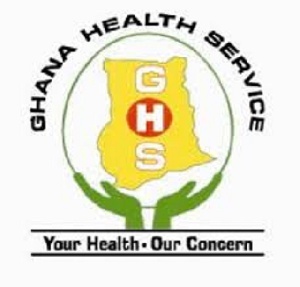Dr Emmanuel Kwadwo Tenkorang, the Ashanti Regional Director of the Ghana Health Service (GHS), has underlined the urgent need to train more paediatric eye care specialists to boost eye care for children and prevent childhood blindness.
Speaking at a media briefing in Kumasi, he said, the current situation, where there were only four of paediatric ophthalmologists in the country was deeply troubling as this was limiting access of children with eye problems to quality care.
He put the number of blind children under 18 years in Ghana at about 13,000.
The country’s blind population is estimated at 200,000 and an additional 600,000 people are living with visual impairment.
Dr Tenkorang said 80 per cent of these could be prevented by early detection and appropriate medical intervention.
He attributed the cause of childhood blindness to self-medication, congenital cataract, glaucoma, retinal and optic nerve diseases, corneal scarring, traditional and other environmental factors.
He called on parents to avoid self-medication and seek early treatment for all kinds of childhood eye problems.
The goal of the media encounter was to review the work of Orbis, an eye health outfit seeking to improve and ensure quality eye healthcare in the region, and to also encourage the media to up the campaign on eye early treatment, especially for children.
Orbis is an in-country programme established in 2014 in partnership with the Komfo Anokye Teaching Hospital (KATH), Himalayan Cataract Project (HCP) and the Ministry of Health to strengthen child eye health at KATH.
Currently, Orbis is undertaking eye projects in the Afigya Kwabre, Atwima Kwanwoma, Bosomtwe and Ejisu Districts, all in Ashanti.
Dr Tenkorang announced that the Regional Directorate had trained 130 Community-Based Health Officers on eye health screening, diagnosis and community education.
It had also been providing logistical support through the Orbis’ Initiative.
They were also strengthening the capacity of School Health Education Programme (SHEP) - school coordinators to conduct visual acuity tests and refer school children with potential eye health conditions.
Health News of Tuesday, 10 July 2018
Source: ghananewsagency.org

















